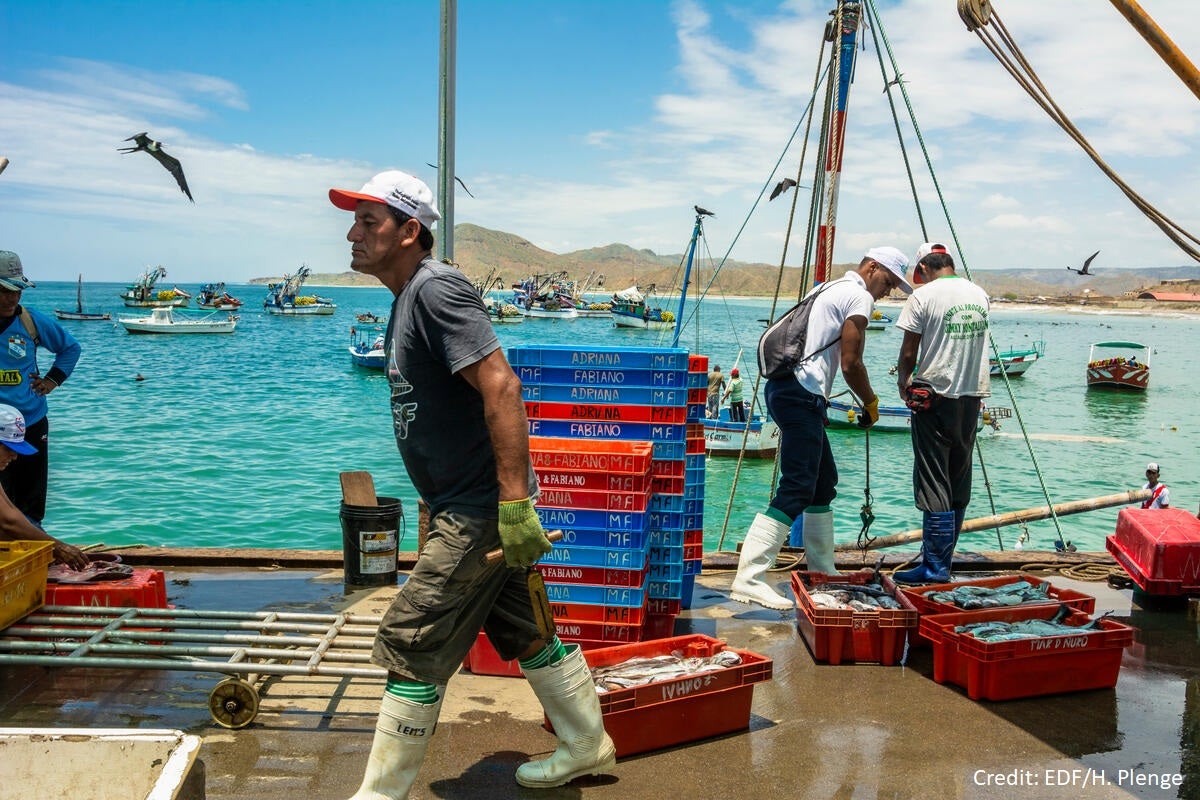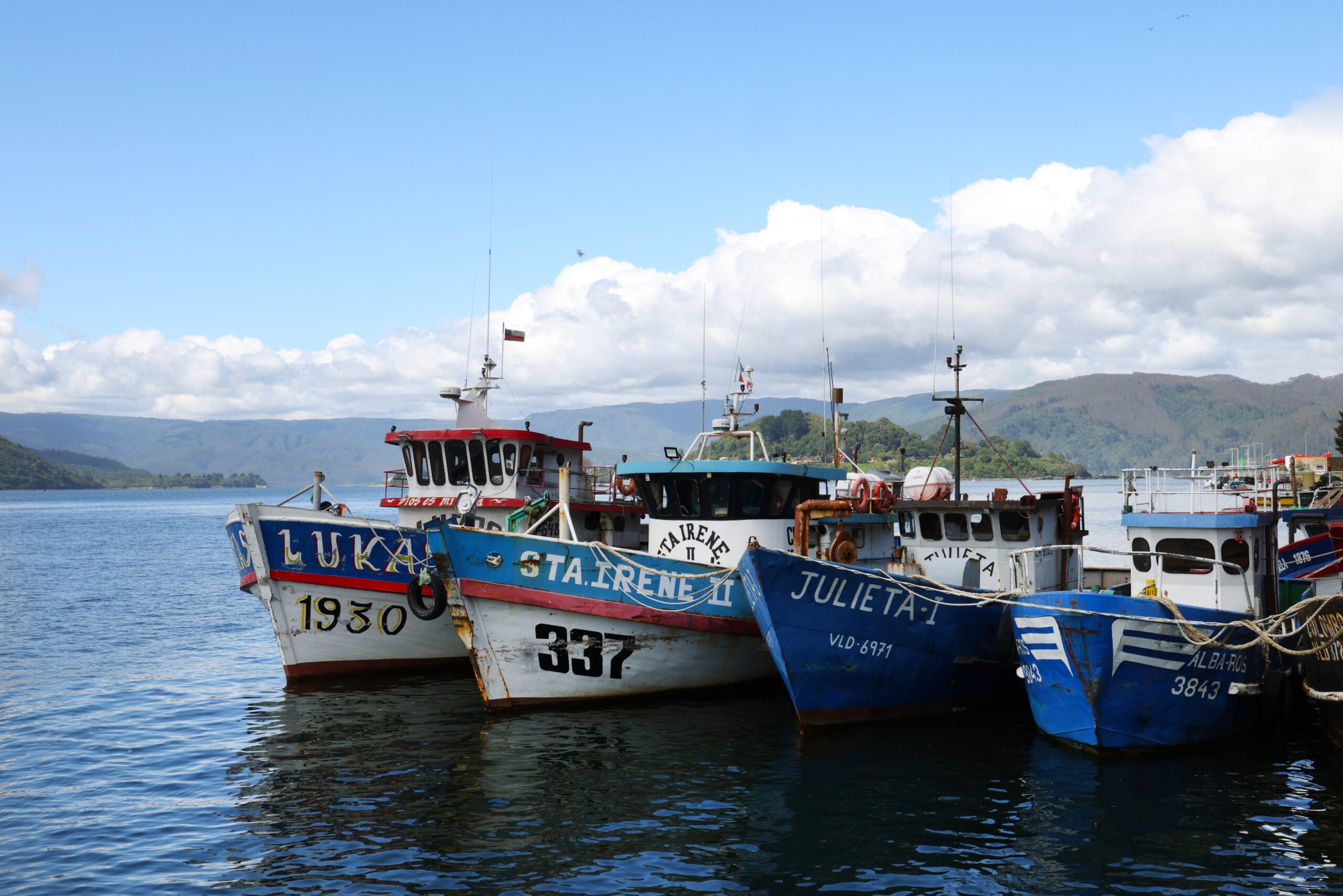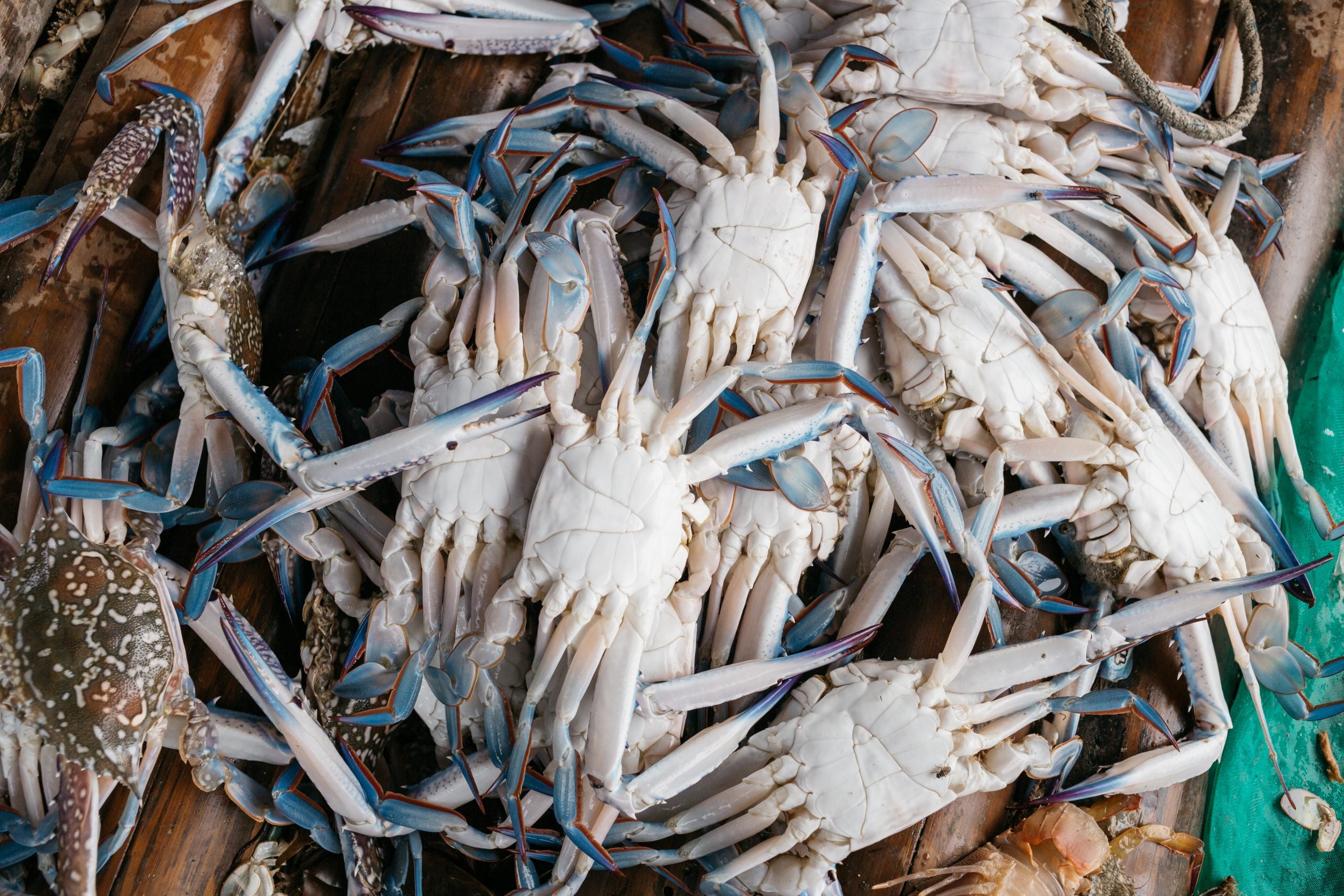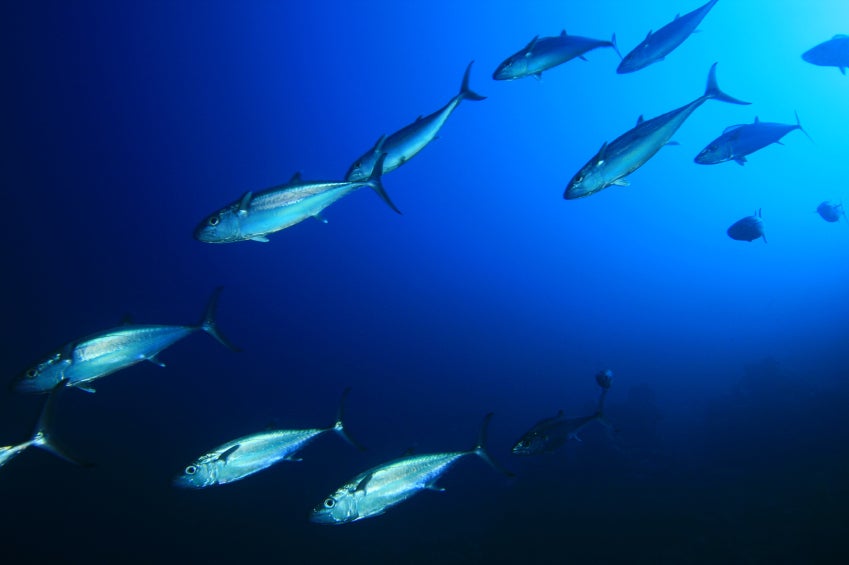
By Eric Schwaab, Rod Fujita and Jacqui Vogel
Climate change is already transforming the distribution and abundance of fish stocks around the world. Warming temperatures, lower pH levels and many other factors are causing many fish species to shift to better habitats and others to shrink in abundance. This is problematic for the communities that rely on these stocks, especially when the shifts cross jurisdictional boundaries, such as those between fishery management zones or national exclusive economic zones, known as EEZs.
Climate-induced stock shifts are causing more overfishing, illegal, unregulated, and unreported fishing, discarding, higher fuel use, injustice and even armed conflict. Unless fishery management and fisheries become more adaptive and resilient to climate change, these problems will only worsen, but it’s not too late for solutions like flexible allocation systems, dynamic spatial management, ocean observing systems and international collaboration. Read More »














